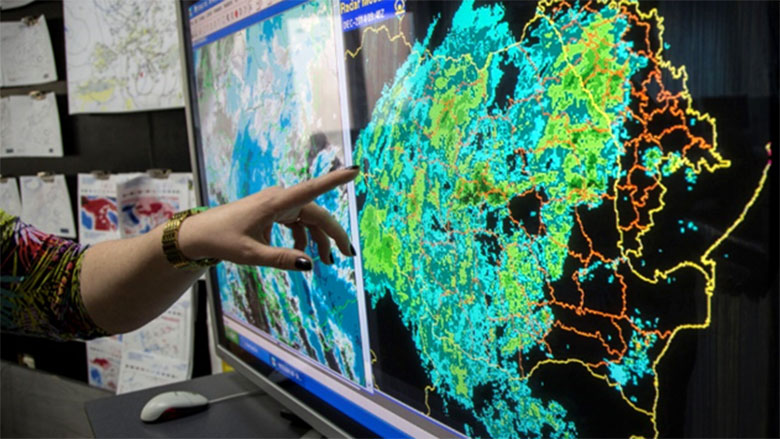Phosphates trading scheme in Netherlands gets EU go-ahead
- December 22, 2017
- Posted by: administrator
- Category: Europe

The European Commission has approved under EU State aid rules a trading system for phosphate rights for dairy cattle in the Netherlands.
The measure aims to improve water quality in the Netherlands by limiting phosphate production from dairy cattle manure and promote a shift to land-based farming.
Given the high density of dairy cattle in the Netherlands, the phosphate contained in dairy cattle manure represents a significant environmental concern, as this can pollute ground and surface water.
Phosphates trading scheme will improve water quality
To limit phosphate production from dairy cattle manure in the Netherlands and to encourage land-based farming in the dairy cattle sector, and so improve water quality, the Dutch authorities are setting up a trading system for phosphate rights for dairy cattle.
In addition to the main environmental objectives, the system also provides some support for young farmers and is intended to have a positive effect on grazing and grassland.
The new system will enter into force on 1 January 2018, when dairy farms will be awarded phosphate rights for free and will only be allowed to produce phosphate from dairy cattle manure corresponding to the phosphate production rights they hold.
At the end of each calendar year, farms will be required to demonstrate that they have sufficient phosphate rights to justify the amount of phosphate produced by their dairy cattle manure.
Dairy farms, including new entrants, can acquire phosphate rights on the market, as phosphate rights will be traded.
When a transaction occurs, 10% of the traded rights will be withheld and kept in a so-called phosphate bank. The bank will then serve to further encourage the development of more land-based dairy farming by providing temporary, non-tradable rights to so-called “land-based farms”. These are farms that can fully absorb on their land all the phosphate from their own manure production.
The Commission has concluded that the system is in line with EU rules for environmental State aid and meets the Guidelines by aiming to achieve objectives that go beyond the environmental standards that farms have an obligation to meet under EU law.
